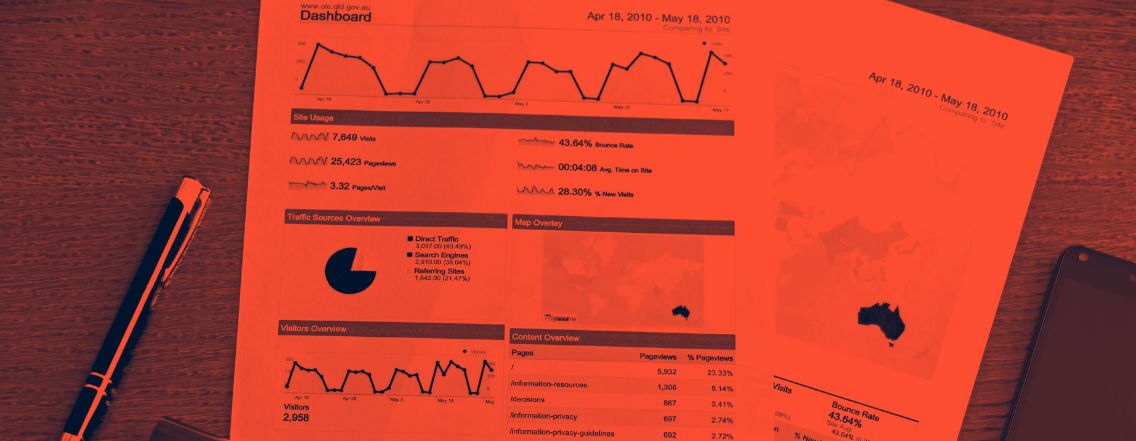Recurring payments represent real added value for companies, with the goal of maintaining healthy finances, improving cash flow management and mitigating financial risks.
However, collection and bank reconciliation represent two key challenges for players in the payment sector and for you as a merchant.
We’ll take an in-depth look at the processes involved in managing your recurring payments, and best practice for optimising the process of collecting your recurring payments and ensuring accurate bank reconciliation.
Recurring payments, a key issue for merchants
Let’s start by defining what a recurring payment is and how it impacts merchants who use subscriptions as a driver for growth by optimising the collection of their payments, for example.
A recurring payment is a payment made at a set frequency, whether monthly, quarterly, half-yearly or annually.
This type of payment is often used to repay loans, pay for services or products linked to subscriptions, or for long-term contracts.
Using recurring payments means, among other things, being able to predict the company’s figures based on the number of subscriptions taken out, for example, while at the same time strengthening the relationship with end customers by offering flexible payment solutions.
Key stages in the recurring payment and bank reconciliation process
Several payment solutions are available on the market today, including digital solutions (credit transfer/direct debit/contactless) and solutions based on a physical medium (cheque or payment card).
When it comes to recurring payments, three products stand out:
- SEPA Direct Debit: once the mandate has been shared between the parties involved, the consumer has nothing more to worry about: direct debits are automatically taken from their bank account at the frequency and in the amount agreed with the merchant;
- SEPA credit transfer: allows the sender to choose the payment date and the amount sent to the recipient – not very useful for subscriptions;
- Bank card: this method means that the issuer doesn’t have to worry about sending payment if the configuration has been set up to manage payment frequency.
→ If you’re looking for the best way to manage the collection of your transactions, SEPA Direct Debit is one of the most widely used methods today.
It offers greater benefit to merchants than the bank card, particularly in terms of the fees for each transaction carried out.
Choosing a solution that enables you to collect and reconcile your payments
Once you have selected your payment method, you will need to choose the solution for managing the collection of your payments. By “collection”, we mean receiving the payment due at regular intervals.
There’s nothing better than an automated collection process to make it easier to receive your recurring payments.
In the best-case scenario, the collection process runs smoothly and payment is made on a recurring basis without any additional intervention.
However, there are cases where direct debit operations can fail for various reasons (we have another article detailing possible R-transactions for direct debits).
→ In these specific cases, it is also important to include a solution offering effective and appropriate bank reconciliation, which will enable you to:
- identify discrepancies between payments received and bills issued,
- link the above,
- and, above all, chase up missing payments.
Fortunately, several solutions have now been developed that combine collection and bank reconciliation for recurring direct debits. You can also talk to our sales team about your plans!
Which solution should you choose for collecting and reconciling your recurring payments?
So, there are several solutions on the market.
To choose the right PSP, or Payment Service Provider, you first need to take stock of your needs depending on the payment method you prefer for your transactions.
If you’re looking for a dedicated solution for end-to-end management of your company’s direct debit flows, i.e. from direct debit initiation through to payment, you might consider choosing a specialist like SlimPay.
With SlimPay, you can collect all your direct debit payments, whether recurring or one-off, using a range of solutions offered in the product SlimCollect.
If you are a merchant, you will probably be familiar with at least one of the following issues:
- Acquisition and conversion of your prospects and customers: through a fluid, simple, secure and optimised customer experience;
- Management of R-transactions or rejected payments and the associated refunds: payments validated on the platform are irrevocable and missing payments can be recovered via an easy-to-use payment link;
- Fraud reduction: SlimPay collects the IBAN directly from the customer’s bank account;
- Time taken for SEPA Direct Debits: thanks to instant payment, the funds debited are quickly available.
With SlimCollect, you can choose between several packaged solutions to meet these challenges, but SlimCollect Recurring is undoubtedly the best product for your subscriptions.
This product will enable you to collect payments using a recurring and reliable payment method, direct debit, while combining transactional and data security with ease of use.
Conclusion
Collection and bank reconciliation processes play an important role in managing your company’s cash flow.
To perform them effectively, you need a modern technological solution like SlimPay, which meets your needs while guaranteeing the security of the data involved.
By opting for a solution that encompasses all the key stages in the direct debit value chain, from collection to reconciliation, your business will be able to prosper with confidence and peace of mind.
Read also :
→ Using SEPA Direct Debit for your subscriptions and recurring payments – 2024 Guide
→ SEPA area: Europe, single economic area, history and regulations
→ Eurozone countries: How can transaction costs be optimised in Europe?
→ Cancellation of a SEPA Direct Debit: how it works and the impact for merchants
→ Banking mobility: Good or bad for your recurring payments?




